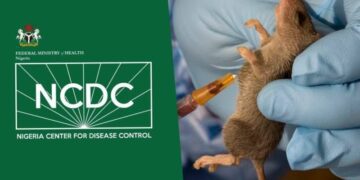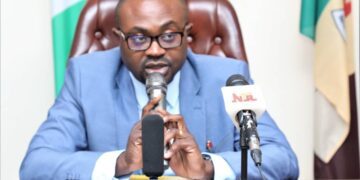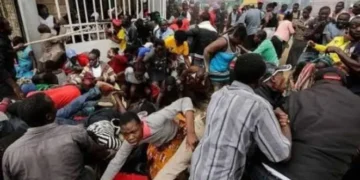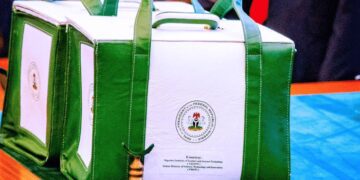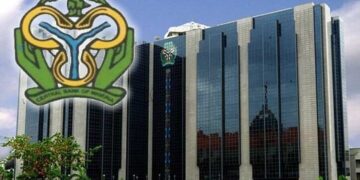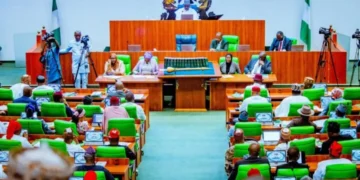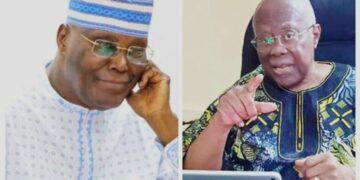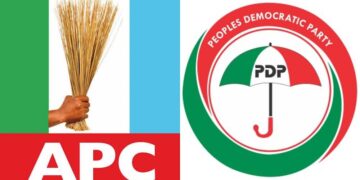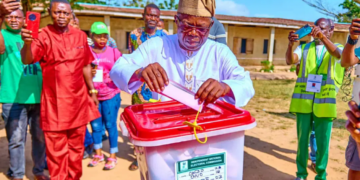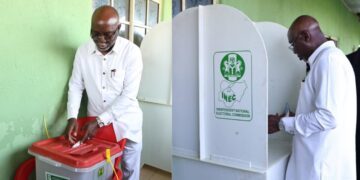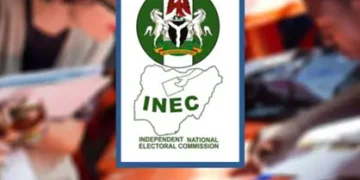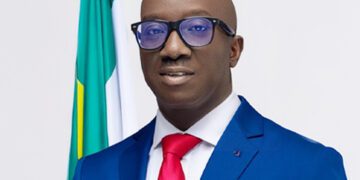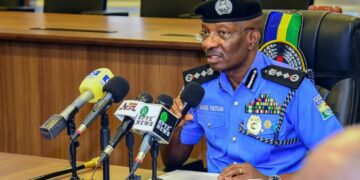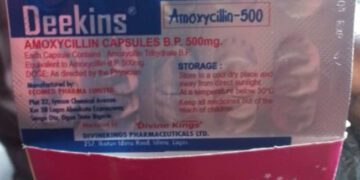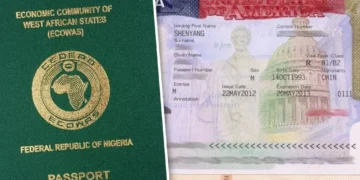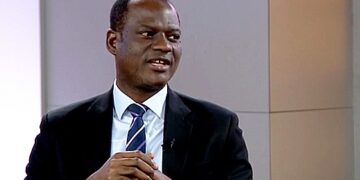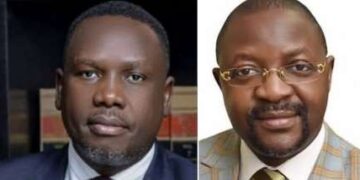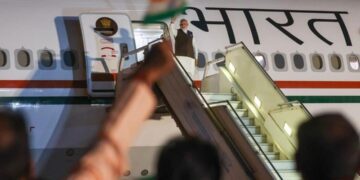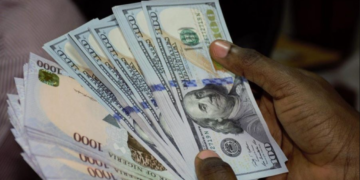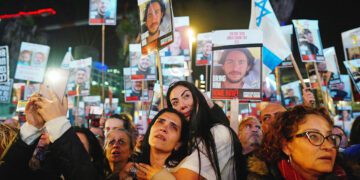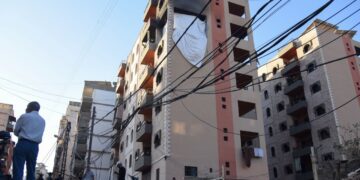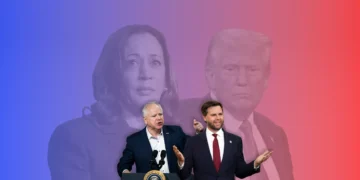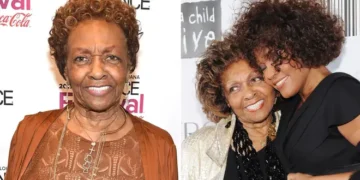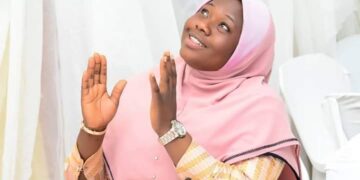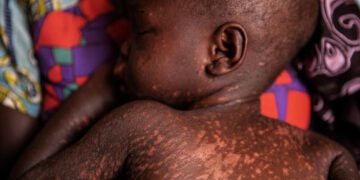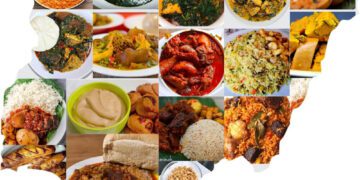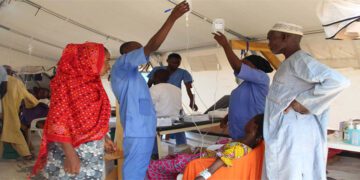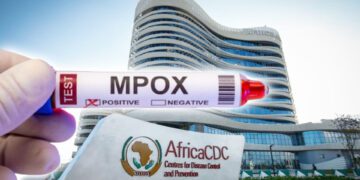As a teenager, Abel Obetta had big dreams. Following his father’s death, he knew life would never be the same again. So, the feeling of uncertainty grew. Growing up in a poor family where he was the first of three children, he started caring for his siblings at a very young age. Later, he would become the breadwinner and the only hope of the family. But at a time life began to take a solid shape at 32, Abel met the grim reaper and darkness enveloped his family again.
In his Ehalumona village in the Nsukka area of Enugu state, in Nigeria’s Igbo-speaking south-east zone, Abel was a bright star, one of the “budding scholars” as friends would describe him. But his father’s demise began to have a strain on his education as his mother, a petty trader, could not single-handedly support his academic pursuit. Then, the Catholic Diocese of Nsukka took him up and offered him a scholarship. From St. Theresa College, Nsukka, he passed his ordinary level examinations with flying colours, aced the Joint Admission and Matriculation Board (JAMB) examination and got admitted into the University of Nigeria, Nsukka (UNN) to study medicine.
Abel was excited and hopeful, and so was his family. At last, things would finally take a new turn, they thought. While at UNN, he was not just a medical student, he was also a vibrant politician on campus. O’Better, as he was fondly called by his peers, was popular on campus and always wanted to help the people around him. After he completed his medical degree in 2017, he proceeded to the University of Nigeria Teaching Hospital (UNTH) for his internship. Again, he continued his quest for political leadership at UNTH and ran for a post to represent the junior doctors. His campaign slogan was “Abel is Able”.















